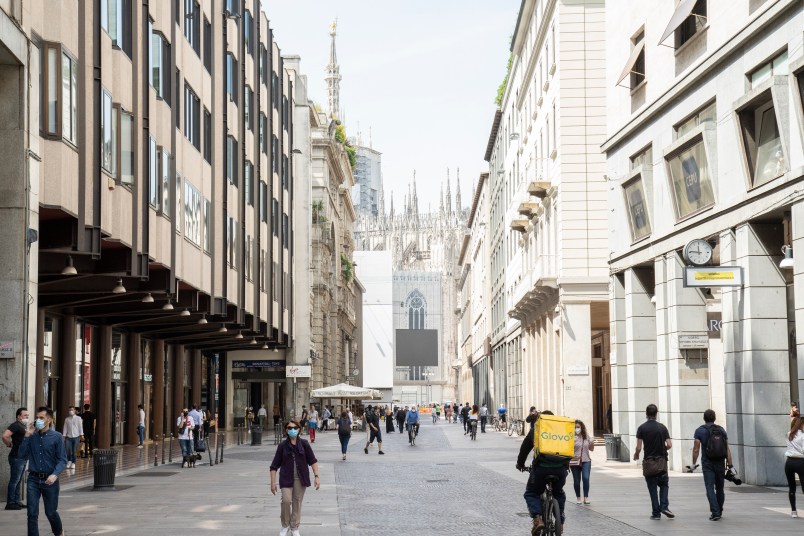MILAN — A study by Milan’s Polyclinic hospital indicates the coronavirus was circulating among a random sample of blood donors with no symptoms in Milan before the first domestically transmitted case was confirmed Feb. 21 in a town less than an hour away.
The study of blood samples by donors showed that 4.6% already had antibodies against the virus at the start of the epidemic. Researchers concluded only 1 in 20 asymptomatic carriers had developed immunity, ‘’clearly showing that herd immunity remains a long way off.’’
That percentage rose to 7% by the beginning of April, when Italy was under lockdown. As the lockdown wore on, longer-term immunity was more prevalent among younger donors, which researchers said indicates ‘’the social distancing practices seemed to have favored young people, who had time to develop long-term immunity.’’
The study, involving researchers at the Polyclinic, Milan University, Sacco Hospital and the European Oncological Institute, was released in a preliminary form before being submitted to scientific journals for peer review.
They analyzed random blood samples from Feb. 8 to April 24 of 800 donors at the Polyclinic, which runs a transfusion center with more than 40,000 annual donors. The researchers say all donors who tested positive showed changes in the cell count and lipid profiles, which could provide clues to identifying asymptomatic carriers.



